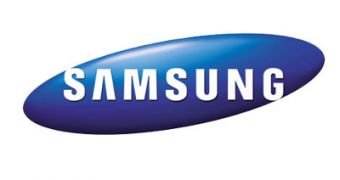Here they go again. Samsung and Apple are moving into the next episode of their drawn-out patent dispute, with the former being the proactive party in this instance.
Apple and Samsung used to be pals, but they ended up going after each other with a vengeance once Apple sued Samsung over the Galaxy Tab 10.1, back in 2012.
Several other lawsuits (to put it lightly) have sparked since then, with Apple being the one to make the greater amount of accusations (the patent count currently stands at 22).
Samsung's 3G patent claims failed to get through, for the most part, but they are still there. Meanwhile, whatever early victories Apple earned were overturned, so the stalemate is fairly tight at the moment.
May 21/22, 2012 was a chance for the two to settle their differences, but that was not to be.
Now, Samsung is calling into question some of the patents that Apple was given by the Australian Patent Office between 2009 and 2010. It's not Apple getting sued though, but the Australian Patent Office commissioner.
One of them (April 1, 2010) describes the unlocking of a device by performing gestures on an unlock image.
A second patent deals with portable electronic devices for photo management (May 20, 2010).
The third and fourth patents describe list scrolling and document translation, scaling and rotation on a touchscreen (granted February 11, 2010 and July 23, 2009, respectively).
The company will try to prove that the granted intellectual property was “ultra vires”, beyond the powers of the commissioner and the patent office as a whole. The hearing is set for June 25.
“Although the application has been filed separately, it is, for all intents and purposes, part of the existing proceeding between Apple and Samsung” a Samsung spokesperson said.
“Technically, the patents should not have been granted, so there is a legitimate case for review. “On the other hand, the consequences for Apple are fairly harsh... I think the court will consider itself to have considerable discretion in determining what the legislative intent was in a case like this.” said Mark Summerfield, patent lawyer and senior associate with Watermark.

 14 DAY TRIAL //
14 DAY TRIAL //